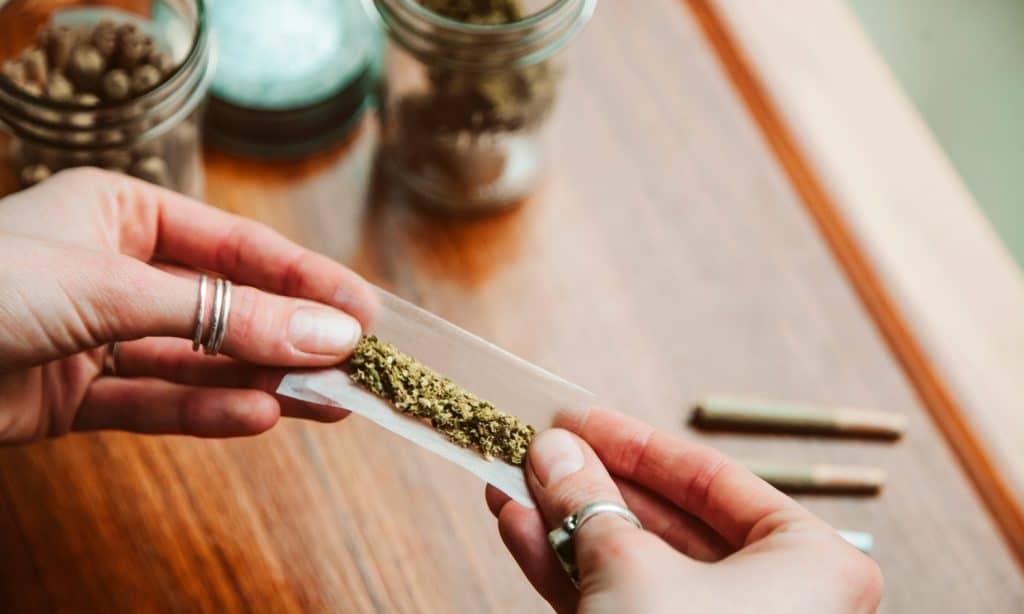The Malta Medicines Authority is steering standards of good practice into day-to-day excellence, regulating medicinal cannabis through an approach that upholds scientific quality, innovative research and stakeholder engagement.
As a regulatory body, the Malta Medicines Authority (MMA) provides an infrastructure that supports research and development as well as the accessibility of quality medicinal cannabis. Through guidance, technical reviews and scientific evaluations, the MMA enables controlled sourcing of cannabis-based products for the Maltese market and oversees prospective operations of local manufacturing facilities, alongside educational endeavours tailored to the evolving needs of stakeholders.
What are the main developments in Malta relevant to cannabis for medicinal and research purposes?
Medicinal cannabis gained momentum in Malta particularly over the past three years, recognising the opportunity to get policy decisions right and implement practical regulation. The 2018 amendments to the Drug Dependence (Treatment not Imprisonment) Act (Chapter 537 of the Laws of Malta) enable licensed medical practitioners to prescribe not only cannabis-based products which hold a Marketing Authorisation, but also other products which are manufactured under Good Manufacturing Practice (GMP).
The first product was made accessible to patients in Malta by May 2018, following a notification of approval issued by the Superintendence of Public Health on the recommendation of the Medicines Authority. All individual packs of the four products approved to date are serialised with tamper-evident labels upon sourcing to Malta, for traceability purposes. The product portfolios are followed up and any adverse reaction reports managed through a set procedure.
The enactment of Chapter 578 of the Laws of Malta and its subsidiary legislation, also in 2018, portended the legal provisions relevant to the production of cannabis for medicinal and research purposes. The Advanced Scientific Initiatives Directorate within the MMA developed a regulatory framework, including guidance documents which provide an overview of specific procedures such as cannabis cultivation, production, analytical considerations, licensing, security and reporting measures, enabling the implementation of a transparent system throughout all processes, including due diligence and certifications relevant to manufacturing, as well as monitoring and control.









